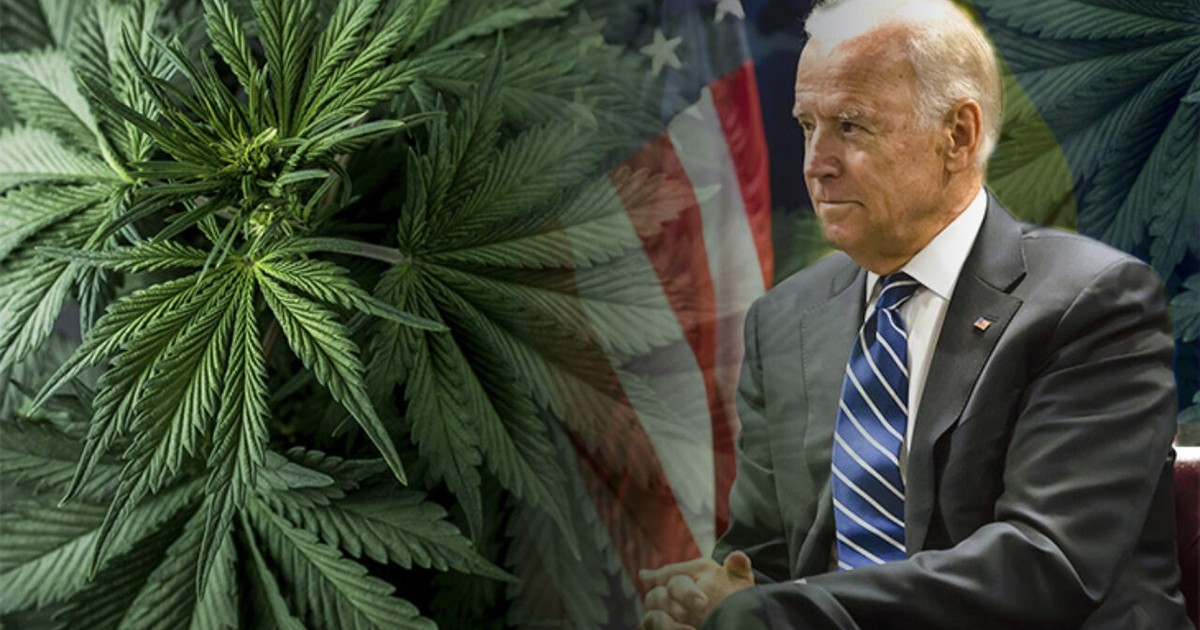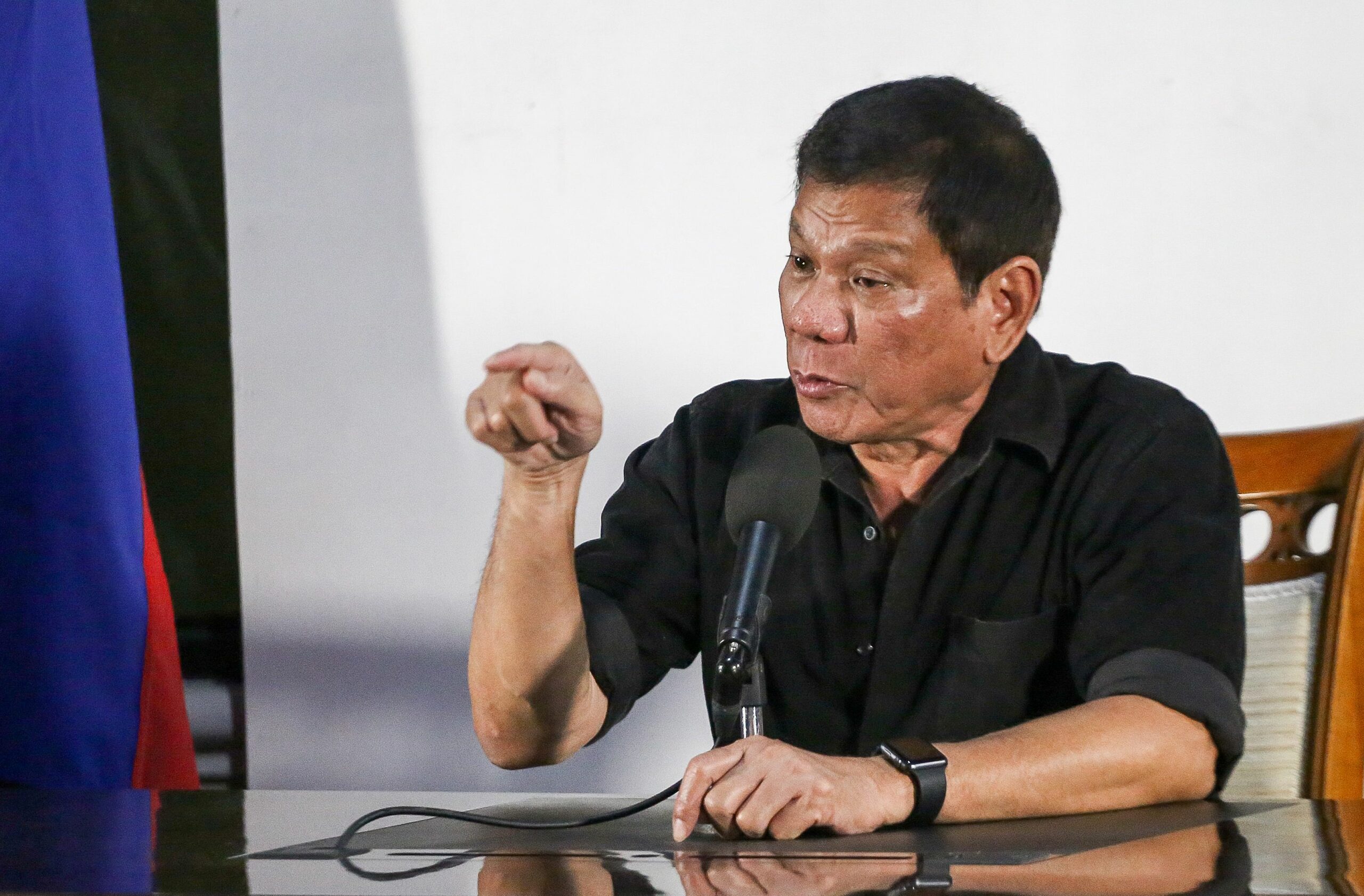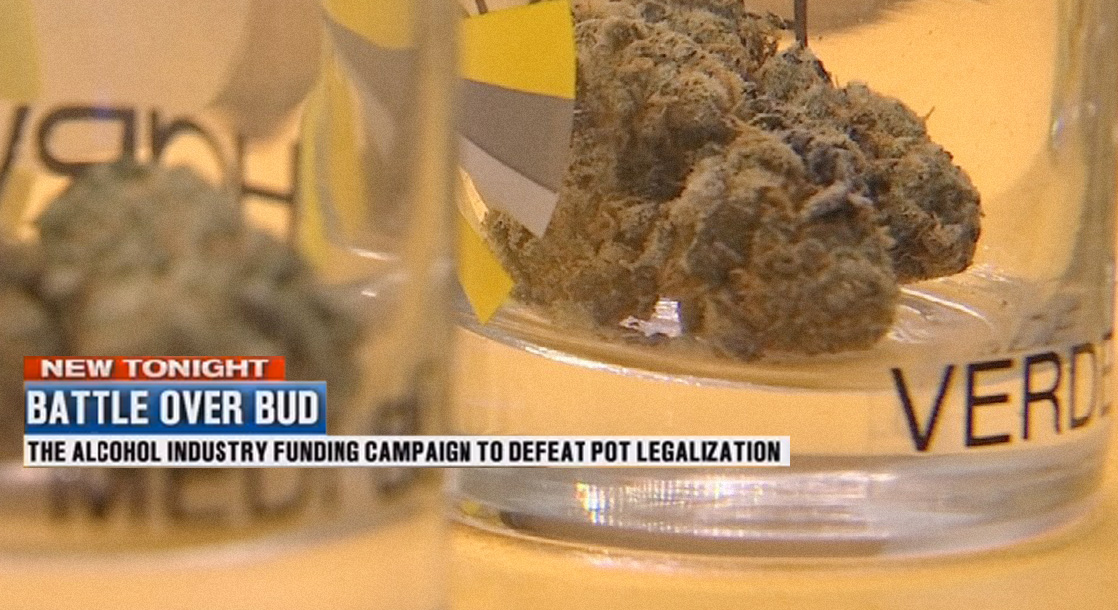Image via
The United Nations has just removed cannabis from the list of the world’s most dangerous drugs, paving the way for a new era of medical marijuana research.
Early last year, the World Health Organization (WHO) presented the UN Commission for Narcotic Drugs (CND) with six specific recommendations for updating global cannabis prohibition laws. The most consequential of these recommendations asked the CND to remove cannabis from Schedule IV of the 1961 Single Convention on Narcotic Drugs – a category reserved for highly addictive drugs like heroin and fentanyl.
This week, the CND approved this rescheduling recommendation with a narrow 27 to 25 vote, with one abstention from Ukraine. The US, the UK, and most European nations voted yes, while Russia, China, Pakistan, and other Asian countries voted against rescheduling. The US government announced their support for rescheduling in October, but asked member nations to sign a joint statement agreeing that recreational pot use posed “serious public health risks” and should remain prohibited.
“This is a huge, historic victory for us, we couldn’t hope for more,” said independent drug policy researcher Kenzi Riboulet-Zemouli to The New York Times. This momentous decision will relax global restrictions against the medical use of cannabis, making it easier for countries to conduct research. But despite this decision, marijuana is still classified as a controlled substance, and UN member nations like Canada that have legalized adult-use remain in violation of global drug treaties.
Ann Fordham, executive director of the International Drug Policy Consortium, acknowledged “the long overdue recognition that cannabis is a medicine” in a statement. “However, this reform alone is far from adequate given that cannabis remains incorrectly scheduled at the international level.”
“The original decision to prohibit cannabis lacked scientific basis and was rooted in colonial prejudice and racism,” Fordham continued. “It disregarded the rights and traditions of communities that have been growing and using cannabis for medicinal, therapeutic, religious, and cultural purposes for centuries and has led to millions being criminalized and incarcerated across the globe. The review process has been a missed opportunity to correct that historical error.”
The WHO also presented the CND with five other rescheduling recommendations, but the commission voted to reject them all. Most notably, the commission rejected a proposal to completely legalize CBD medicines and extracts containing less than 0.2 percent THC. Member nations also voted against several recommendations to reschedule THC-based medicines to less restrictive schedules.
“Today, the international community moves a step forward with this small victory on medicinal cannabis, but the decolonization and modernization of the UN drug treaty regime is only just beginning,” said Martin Jelsma, Director of the Drugs and Democracy Programme at the Transnational Institute, in a statement. “The outcome of this review process has once again shown that the 1961 Single Convention is outdated and too blunt an instrument to fulfill its mandate of protecting the health and welfare of humankind.”
Jelsma added that the commission’s failure to decisively support all of the WHO recommendations “also demonstrated the profound division and paralysis within the international drug control system. With few signs of reconciliation between the reform-minded countries and the defenders of the drug war status quo, reformers will continue to default to a way forward that doesn’t depend on a consensus in Vienna, as witnessed by national reforms currently underway around the world.”











